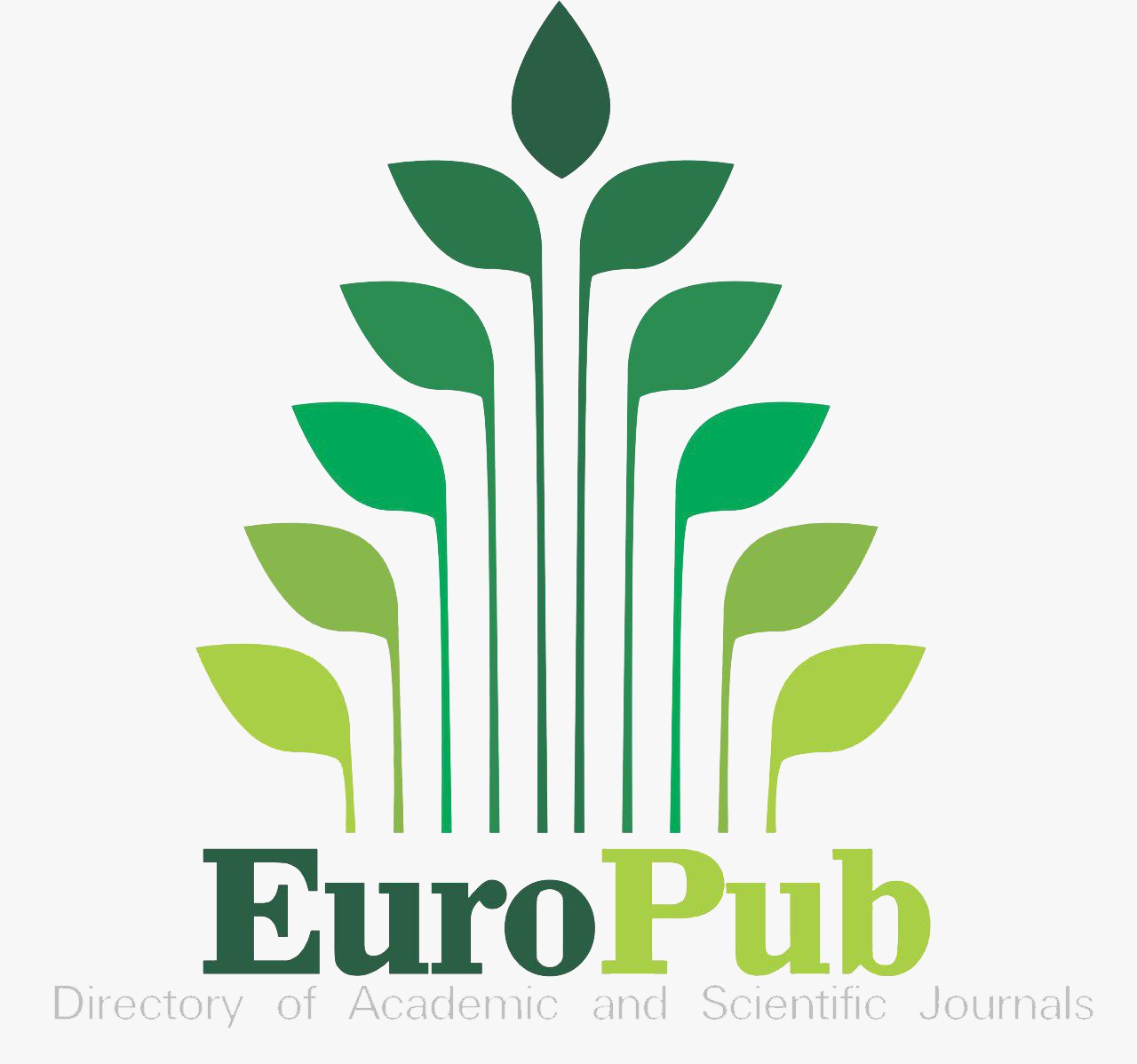NEW PERSPECTIVES IN THE TEACHING OF MATHEMATICS IN SECONDARY EDUCATION
DOI:
https://doi.org/10.56219/dialctica.v2i25.3987Keywords:
Secondary education, Mathematics teaching, new perspectivesAbstract
The current dynamics of training are assumed from actions with which teachers promote changes in reality according to the demands of reality, in this sense, new perspectives are presented, due to the constant changes that are generated today, these directly impact all areas of training, specifically in mathematics, therefore, this argumentative essay type article includes the new perspectives in the teaching of mathematics within secondary education, since it requires that students assume learning construction mechanisms that are oriented on the basis of the production of significant knowledge. For this, a documentary review methodology is developed, within which, different documents were used to show said teaching, and how it adapts to current demands. In this sense, it is concluded that secondary education is an intricate setting due to the presence of different pedagogical aspects. Mathematics education is presented as one of the perspectives in which constant innovation is required, with the aim of promoting essential changes in the development of school training processes. Hence, the pedagogical implications of this article directly respond to the demands of the didactic setting to promote real changes in the school context.
Downloads
References
Bishop, A. (2011). Enculturación matemática: La educación matemática desde una perspectiva cultural. Paidós Ibérica.
Bruner, J. S. (2014). El proceso de la educación. Harvard University Press.
Caballero Calderón, G. E. (2021). Las actividades lúdicas para el aprendizaje. Polo Del Conocimiento, 6(4), 862–878. https://doi.org/10.23857/pc.v6i4.2615
Carrillo, J. (2000). La formación del profesorado para el aprendizaje de las matemáticas. Revista Uno. http://ocenet.oceano.com/consulta/welcome.doc
Delgado, J. R. (2015). La enseñanza de la Resolución de Problemas Matemáticos. Dos elementos fundamentales para lograr su eficacia: La estructuración del conocimiento y el desarrollo de habilidades Generales matemáticas [Tesis doctoral]. Instituto Superior Politécnico José Antonio Echavarría.
Torres, L. (2002). Innovaciones en la enseñanza de las matemáticas en secundaria. Editorial Educativa.
Castillo, R. (2021). Tecnología en la enseñanza matemática: Nuevas fronteras. Editorial Innovación. https://www.editorialeducativa.com/libros/innovaciones-matematicas
Ramírez, A. (2023). Colaboración y resolución de problemas en la educación matemática. Editorial Aprendizaje Activo.
García, M. (2023). Contextualización y práctica en el aprendizaje matemático. Editorial Educación Creativa.
López, J. (2023). Aprendizaje activo en el aula de matemáticas. Editorial Educativa.
Rodríguez, P. (2019). Matemáticas: Herramientas para el futuro. Editorial Progreso Educativo.
Gómez, L. (2020). La educación del siglo XXI: Más allá del conocimiento. Editorial Innovación Educativa. https://www.innovacioneducativa.com/libros/educacion-siglo-xxi
Pamplona, J. (2019). Estrategias de enseñanza del docente en las áreas básicas: Una mirada al aprendizaje escolar. Revista Eleuthera, 1(1), 13–33. DOI: https://doi.org/10.17151/eleu.2019.21.2
Solivérez, C. (2013). Educación Tecnológica Para Comprender El Fenómeno Tecnológico, 1–18.
Downloads
Published
How to Cite
Issue
Section
License

This work is licensed under a Creative Commons Attribution-NonCommercial-ShareAlike 4.0 International License.
La revista Dialéctica conserva los derechos patrimoniales (copyright) de las obras publicadas, que favorece y permite la reutilización de los mismos bajo la licencia Creative Commons Atribución-NoComercial-CompartirIgual 4.0 , por lo cual se pueden copiar, usar, difundir, transmitir y exponer públicamente, siempre que se cite la autoría y fuente original de su publicación (revista, editorial, URL y DOI de la obra), no se usen para fines comerciales u onerosos y se mencione la existencia y especificaciones de esta licencia de uso. Si remezcla, transforma o crea a partir del material, debe distribuir su contribución bajo la misma licencia del original.












